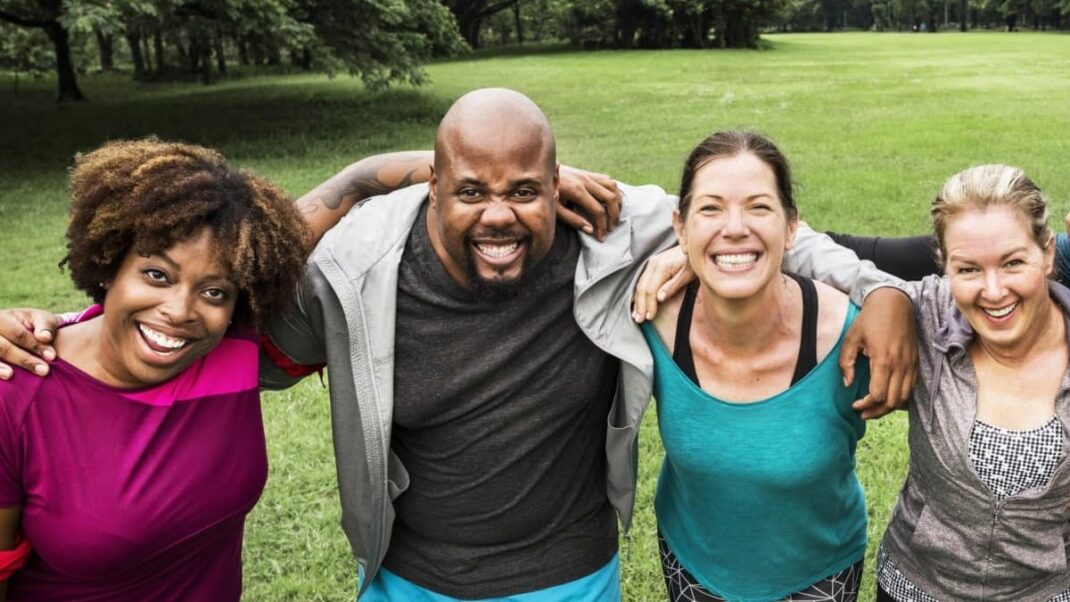Lifelong Exercise Keeps Seniors Young
Exercise early in life—benefit later in life. That’s what researchers from Ball State University’s Human Performance Laboratory, in Indiana, concluded in a study published recently in the Journal of Applied Physiology (2013; 114 [1], 3–10).
Scientists looked at “whole body aerobic capacity and myocellular markers of oxidative metabolism in lifelong endurance athletes and age-matched healthy, untrained men.”
The athletes—average age, 81—consisted of cross-country skiers with a long history of cardiovascular exercise and of
participation in competitive events.
To determine VO2max, researchers tasked the subjects
with riding an exercise bike to the point of exhaustion. Skeletal muscle biopsies were then taken to measure the capacity of
participants’ mitochondria (the cells’ “energy power plants”).
“To our knowledge, the VO2max of the lifelong endurance athletes was the highest recorded in humans in this age group, and comparable to non-endurance-trained men 40 years younger,” said Scott Trappe, lead author and director of the
laboratory, in a press release. “We also analyzed the aerobic capacity of their muscles by examining biopsies taken from thigh muscles, and found it was about double that of typical men. In fact, the oldest gentleman was 91 years old, but his
aerobic capacity [resembled] that of a man 50 years younger.”
Editor’s note: With just 15 subjects, this was a very
small study.
Ryan Halvorson
Ryan Halvorson is an award-winning writer and editor, and IDEA's director of event programming.






